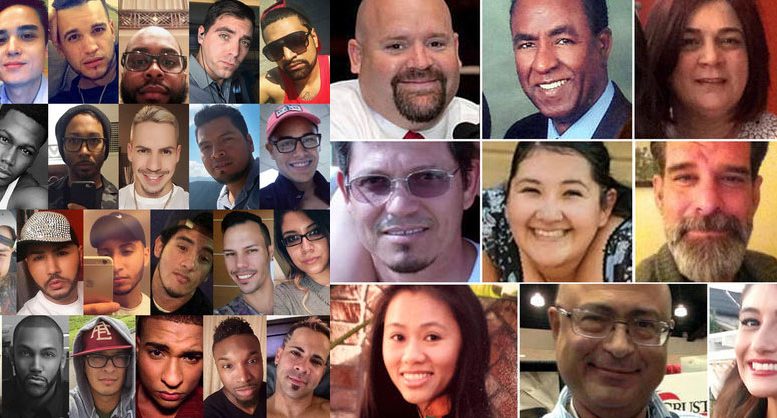In the September 2016, 100th issue of the West Point Combating Terrorism Center (CTC) Sentinel, Brian Michael Jenkins seeks to describe the American government’s success on terrorism. In this description, he goes on to summarize the type of thinking by some counterterror “experts” on what are in essence “acceptable losses” of the American public. RAND Corporation’s Mr. Jenkins writes: “jihadist terrorists since 9/11 have managed to kill fewer than 100 people in the United States—all needless tragedies to be sure, but an average of six or seven jihadist-inspired murders a year in a country with an annual average of 14,000 to 15,000 homicides is a far better outcome than many people had feared in 2001.” This is from the headline article of the foremost American counterterror expert publication distributed the most esteemed U.S. military educational institution, West Point, in an issue headlined “15 Years Since 9/11.”
Few Establishment “experts” are quite so brazen about such “acceptable loss” tactics, but as the years go on, such defeatist views, which believe they cannot address or challenge extremist thinking other than distant military tactics, have become more and more prevalent. Mr. Jenkins goes on in his CTC Sentinel article, “Fifteen Years On, Where Are We in the ‘War on Terror’?” to speak of the deaths of our fellow Americans in terms of “balance sheets,” “goalposts,” how “rising totals of terror events are misleading,” and how the “risk of death at the hands of terrorists in the United States approaches lottery-winning odds.”
The Establishment “acceptable losses” argument on terrorism was also echoed by the former secretary of the Department of Homeland Security Tom Ridge, whose comments in a forum hosted by The Atlantic was reported by Establishment news media. According to such reports, Tom Ridge stated that Americans should “should just accept the inevitability” of terrorist attacks. The report stated that he said: “What I really think the country needs to do is accept the reality that it is a global scourge, accept the reality that it will probably happen again here — we have no idea how many times.” “And I’m not trying to say that the pain or suffering of a terrorist attack isn’t significant, isn’t real. It is. But I want America to dial down some of the hyperbole and the hyperventilation.”
This is the underpinning of an Establishment argument, which basically seeks to retain existing security measures, employment of “experts,” limited military “engagements” overseas, and to try to manage “acceptable losses” of the American public, while not taking any measures which might be deemed controversial or objectionable to any of the U.S. global partners in a “global principled order.” But are such tactics of “acceptable losses” respectful of the priority for public safety, which the American people should expect from its representatives?
Some in the Establishment media even call for a rollback on existing security measures as no longer necessary, such as The Atlantic’s Katherine Mangu-Ward stating “America Cannot Stop Every Terror Attack. The U.S. government has spent a lot of money on national security since 9/11. It could use those funds in better ways to improve and save lives.” So from both the left and the right, there is consensus among Establishment counterterror experts, military, and media, that when it comes to terrorism, the American public has a right to die, and if they do, well, that may be a “tragedy” but it is “inevitable.”
Could you imagine if this was our Federal Government, institutions, and media’s response to White Supremacy terrorism in the 1960s? That blowing up African-American churches, shooting, lynchings, and burning down their houses was a “tragedy,” but it was “inevitable”? Or that in the overall statistical scheme of things, such killings were a statistical small portion of deaths? Yet, people make this same argument regarding terrorism today, without anyone raising an eyebrow.
To Mr. Jenkins’ point, can one imagine if, 15 years ago, we were told that our official representatives, institutions, and media, would have so little backbone and resolve that they would consider terrorist attacks on our nation as “acceptable losses” compared to other violence – would we have made different choices? And under the circumstances, can the American public accept a policy of “acceptable losses” on terrorism today?

